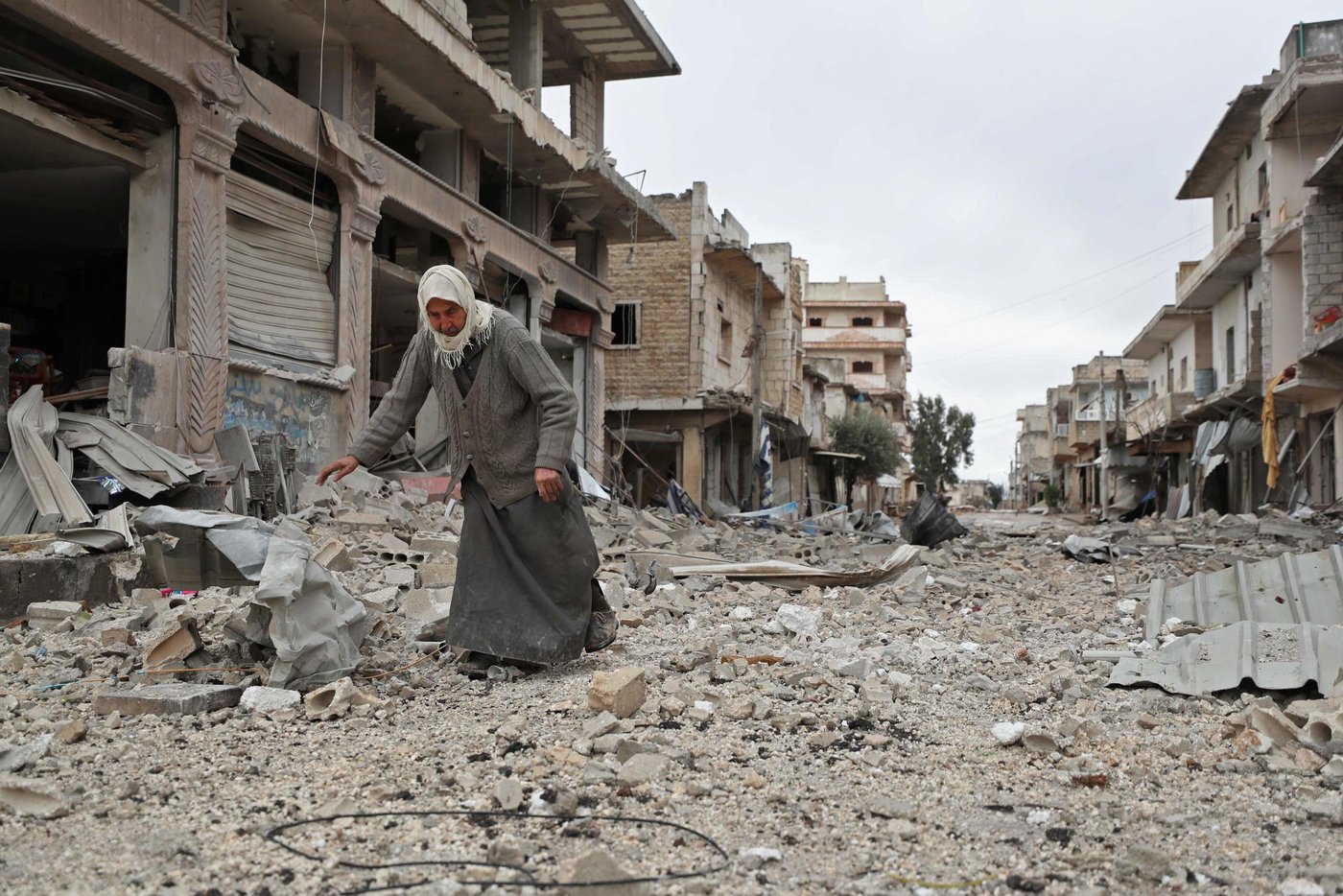Here are six things you should know about the situation in Idlib:
1. Idlib is the last remaining region under the control of non-state armed groups (NSAGs)
Idlib is the catchall for civilians displaced from various areas of Syria including Aleppo, Eastern Ghouta, Homs, Dera’a and Quneitra. It has long been expected that government forces and their allies would try to regain control of Idlib.
2. The current crisis is the largest mass displacement since the civil war began
Many of the 900,000 who now are fleeing from Idlib have already been forced to flee their homes several times before. Not only have civilians been forced to flee, but hundreds of aid workers have become displaced themselves, further limiting humanitarian actors’ capacity to respond to the crisis.
3. Hundreds of civilians are being killed
The attack has led to significant human suffering and many civilians have been killed. In January, at least 186 civilians, including nearly 70 children, were killed. according to the Office of the Higher Commissioner for Human Rights (OHCHR). It is believed that the death toll has now reached 300.
4. Extreme cold is killing people who have been forced to flee
A period of cold weather has seen temperatures reach as low as -7C. More than 82,000 people are reportedly sleeping out in the open and there have been reports of several instances where people have frozen to death. Other people are reported to have died of carbon monoxide poisoning after burning nylon, old shoes and clothes to heat their tents because they could not afford to buy heating fuel.
5. Children have been hit particularly hard by the fighting
According to Save the Children, at least 290,000 children have been forced to flee their homes. Hundreds of thousands of children are out of school because schools in Idlib and the surrounding area have been closed due to the military offensive. Many schools are closed because they are being used as collective shelters.
6. Humanitarian organisations are calling for a ceasefire
The Norwegian Refugee Council (NRC) and other humanitarian organisations call the situation in Idlib a humanitarian catastrophe and are urging for a ceasefire. NRC also encourages Turkey to allow those who have been displaced to seek safety across the border in Turkey.
NRC has worked across Syria since 2013. In 2019, we provided assistance to over half a million people.


